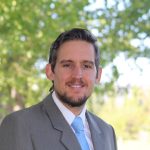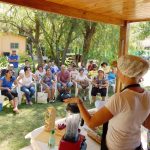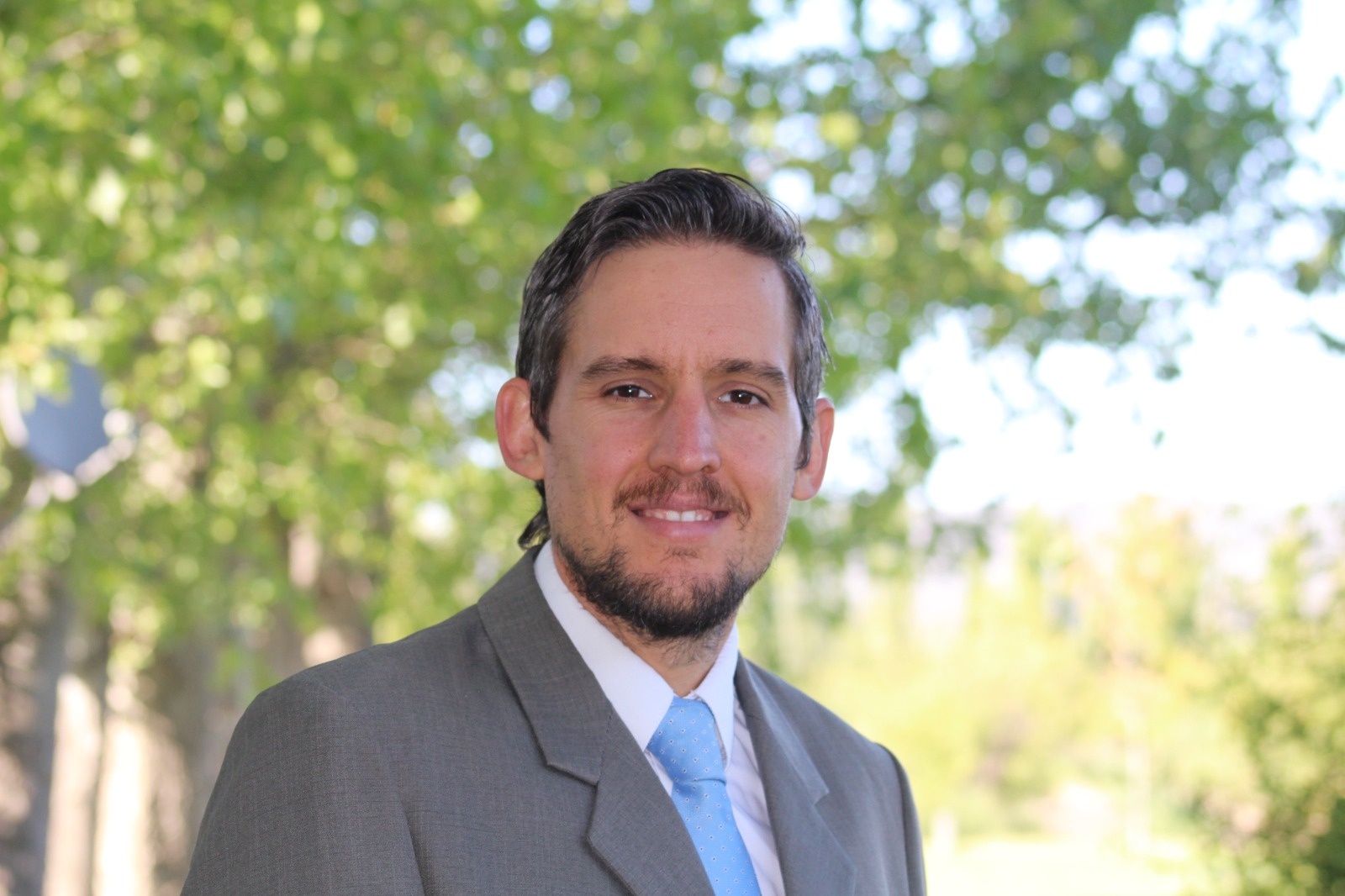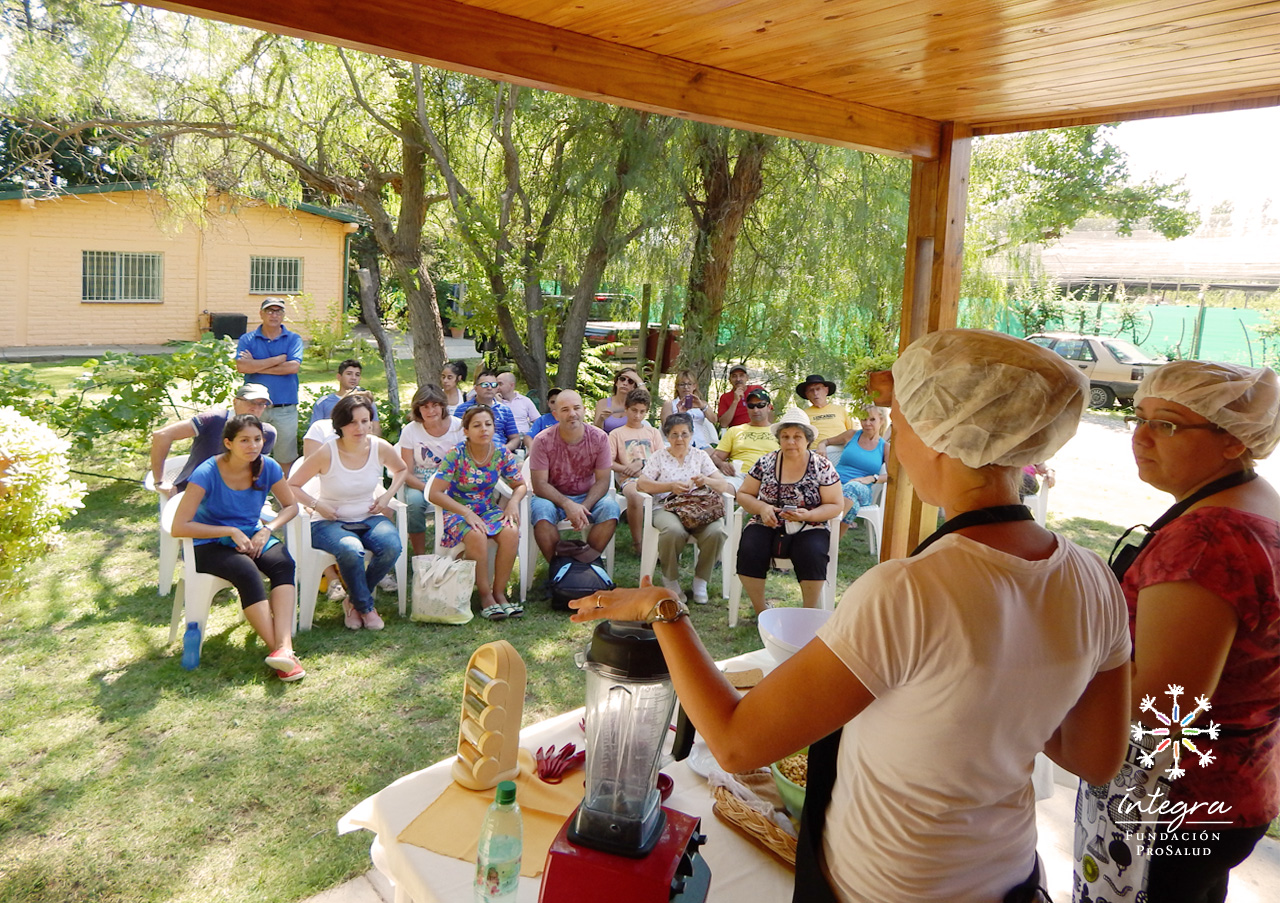How stress management and a healthy lifestyle can save your heart – News






As part of World Heart Day, we interviewed Dr. Gabriel Paschetta, a leading healthcare professional who has dedicated his career to lifestyle medicine. Graduated from the Universidad Adventista del Plata (UAP) and with specialized training in the United States, Dr. Paschetta currently works as coordinator of the Íntegra Foundation, an organization that promotes comprehensive health—physical, mental and spiritual—in society. .
Through Los Pámpanos, a healthy living center that he directs located in San Rafael, Mendoza, his work focuses on providing tools and strategies so that people can achieve and maintain a healthy life, with special emphasis on the prevention of cardiovascular diseases. .
In this interview, we explore the importance of heart care, the challenges we face on the path to a healthy lifestyle, and how faith and spirituality can play a crucial role in our health.

Today is World Heart Day, why is it essential that we all pay attention to our cardiovascular health?
The heart is a vital organ, basically it is the organ that determines how long we live. As long as the heart beats, there is life. Although humans are integral beings, where each organ and system plays a fundamental and determining role, and in fact we could not separate an organ from the body without having a negative impact on its health, it is important that we stop to think and evaluate the importance of the heart and its care. World Heart Day aims to raise awareness in society about prevention and care measures for cardiovascular health. As a fundamental fact, diseases that affect the heart and blood vessels are the main causes of death worldwide (around 35% of deaths according to the WHO).
What are the main causes of heart disease today and how can we prevent it through lifestyle changes such as diet and exercise?
The main cardiovascular pathologies are coronary heart disease (acute myocardial infarction) and cerebrovascular disease (CVA). Both entities are related to atherosclerosis, which is the deposit of cholesterol inside the walls of the arteries, forming “plaques”, causing their obstruction and affecting the arrival of blood to vital organs such as the heart, brain and muscles. kidneys. Atherosclerosis, in turn, is related to risk factors such as a sedentary lifestyle (lack of physical activity), poor diet (diets high in saturated fats, cholesterol, salt, sugars, refined foods and low in fiber), overweight and obesity. , as well as high levels of stress and little adequate rest. When we work on these risk factors, we can help not only prevent the onset of atherosclerosis and cardiovascular disease, but also, if it is diagnosed, we can help reverse it. There is growing scientific evidence that shows how a lifestyle approach plays a very important role in the management of these diseases.
Based on what has been said above, the fundamental approach would be to incorporate habits such as regular physical exercise, at least one hundred and fifty minutes of moderate aerobic exercise per week (always consult with your family doctor when starting, especially if you have never regular exercise has been done), eliminate or reduce as much as possible the intake of products of animal origin (source of saturated fats and cholesterol) and refined products (white flour, sugar, etc.), incorporate more fruits and vegetables, whole grains, legumes, seeds and nuts, as well as acquiring tools for the proper management of stress factors.

“The heart is the organ that determines how long we live”
In your experience, what is the biggest challenge people face when trying to adopt a heart-healthy lifestyle, and how can they overcome it?
Our habits, and therefore our lifestyle, are determined by multiple factors, within which we find the society in which we grew up, family customs, personal tastes, information, accessibility to various products. All this creates a great imprint on our brain. Habits are formed by repeating an action over time, which forms a “neural groove” that determines that action becomes automatic.
The main challenge when making lifestyle changes is that to erase an already established “groove”, we have to form new “neural grooves” that are deeper than the previous ones. And this requires effort, something that many are not willing to do. In fact, this implies decision (will), perseverance and time. When we decide to incorporate a new habit into our life and we manage to be consistent for several weeks, this becomes automatic, this is called neuroplasticity. According to the evidence, the time may vary from person to person, but in general most may need around 60 days to achieve this. It’s worth the effort.

What role does stress management play in preventing heart disease and what strategies do you recommend to maintain a healthy heart in such a hectic world?
We live in a society full of stressors. Many people think that stress is a bad thing. The truth is that it is not like that; Stress is a normal physiological response of our body to an aggressor. When this happens, our body prepares for fight or flight, and this can save our lives. The problem is when the stressor(s) persist over time without us resolving them; This chronic stress or “distress” causes high levels of various substances in our body, such as cortisol, which leads to an increase in blood pressure, blood sugar and cholesterol, increasing the risk of disease. cardiovascular (worse in the case of people with other risk factors).
In addition to the lifestyle changes that we mentioned above and in relation to this topic, it is important to mention that the identification of stress factors and the acquisition of tools to manage them (often with the help of a professional) are essential. Another factor that is often neglected, but that is excellent for lowering cortisol levels, is hugging. Although it may not seem very scientific, the truth is that it is, because hugs help release oxytocin, a hormone that helps counteract the effects of cortisol. In a society that tends to distance us, it is important that we become close again.

The Seventh-day Adventist Church (IASD) promotes a healthy lifestyle. How do these principles align with heart disease prevention?
The lifestyle that the IASD promotes encompasses the person in an integral way, seeing them as a being with a physical, emotional, social and spiritual dimension. Habits such as physical exercise, good nutrition, clean air, sunlight, water, good rest, abstention from harmful substances and trust in God are emphasized. Scientific evidence demonstrates day after day that all of this not only has an effect on longevity, making us live longer, but also quality, healthier lives. Therefore, this proposal is completely aligned with the care of cardiovascular health. In fact, if we could all put this into practice, we would see a substantial drop in the prevalence of heart-related diseases.
How can spirituality and faith positively influence a person’s heart health and overall well-being?
As we mentioned before, we are integral beings; Within that, the spiritual aspect plays a fundamental role in cardiovascular health. Studies show that practices such as praying, reading the Bible, and even attending religious services have a positive impact on heart health, lowering blood pressure and even coronary events.
In 3 John 2, God tells us: “Beloved, I desire that you may prosper in all things and be in health, just as your soul prospers.” And for that to be a reality, he left many tools at our disposal to take care of our hearts. In Philippians 4:7, he reminds us that “the peace of God, which surpasses all understanding, will guard your hearts and your minds in Christ Jesus.”



Post Comment